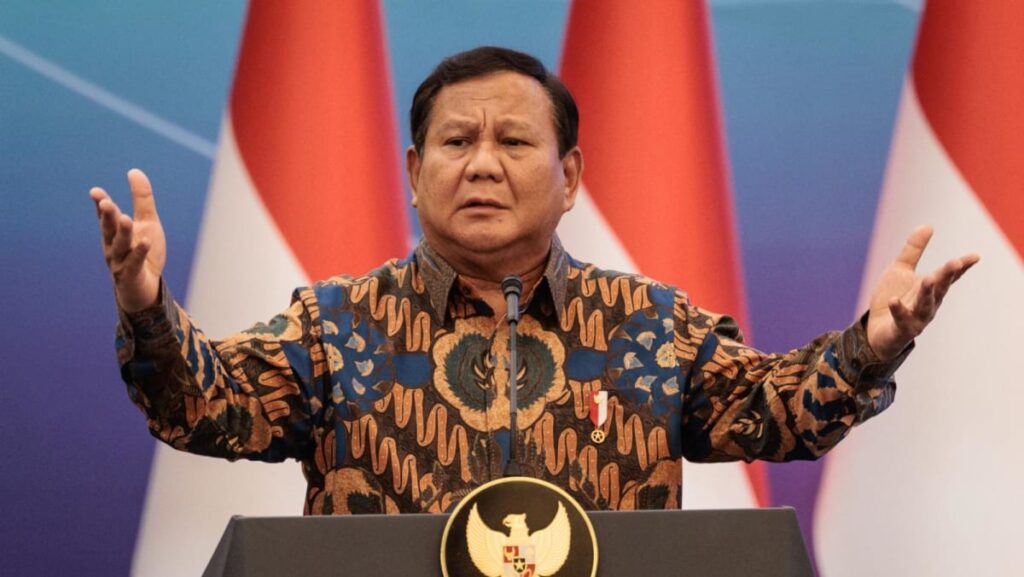Wijayanto added that the government’s cost-cutting measures were implemented incorrectly; instead of cutting the budget at the upper level, such as ministers, the budgets related to civil servants at staff levels were cut.
He cited for instance how some ministerial posts could be reduced and this would also trim related costs such as staff needed to service these ministers.
Flip-flopping of policies such as the government’s plan to implement a value-added tax rate hike to 12 per cent, which was cancelled last minute amid growing public concerns, also does not reflect well on the government and caused distrust among investors, said Wijayanto.
He said that there is a perception that the Cabinet is “still not coherent”.
“Many ministers are unsure what to do. Thus, until now, we are still unclear what kind of initiatives some ministers have taken,” he observed.
He added that a big Cabinet makes coordination difficult and is not cost-efficient.
“Ideally, Prabowo should soon make some adjustments to the Cabinet. He could cut some posts or, and he could change some people with better performers.”
Bhima from CELIOS agreed.
It had conducted a survey of 95 journalists from 44 different organisations who covered different beats to rate how Prabowo’s Cabinet ministers had fared in their first 100 days using indicators such as programme achievements, suitability of policy plans with public needs, leadership and coordination quality, budget management and policy communication.
The survey found that several ministers failed, with Minister of Human Rights Natalius Pigai scoring the lowest with -113 points, followed by Minister of Cooperatives Budi Arie Setiadi with -61 points and Minister of Energy and Mineral Resources Bahlil Lahadalia with -41 points.
“The Cabinet needs to be reshuffled and budget efficiency must start from the top level,” said Bhima.
“There must be transparency in the making of regulations, especially those which are sensitive.”
Wijayanto added that Prabowo needs to urgently change the communication style of the government and be more transparent in communicating policies.
This is particularly so given that like many countries around the world, Indonesia’s economic outlook has darkened in light of the sweeping tariffs that the US has announced.
Trump has declared a 32 per cent reciprocal tariff on Indonesia before announcing a 90-day suspension, though a 10 per cent base is still in force.
Prabowo’s government has tried to negotiate with the US by sending a delegation to Washington on Apr 18 led by Coordinating Minister for Economic Affairs Airlangga Hartarto.
While the two countries have yet to come to an agreement, they agreed to hold further talks within the next 60 days.
“Trump’s tariffs will impact a lot of things,” said Bhima.
“Firstly, it will affect Indonesia’s export performance because with this tariff war, Indonesian textile, apparel, and footwear products will be at a disadvantage as many of the products produced here are for American international brands.
“There will also be a flood of imported goods, especially from China, Thailand, Vietnam, Cambodia, to Indonesia.”
He said that mass layoffs will be hard to prevent and the rupiah, which already hit a historic low against the US dollar this month, could further weaken.
https://www.channelnewsasia.com/asia/indonesia-president-prabowo-subianto-government-economy-5078576


